Have you ever asked yourself, why you want to lose weight? Are you concerned about your health – heart health, risk for diabetes, increased cancer risk, depression? Are you interested in gaining energy or overall strength? Would you like to look better in your clothes or wear a smaller size? These concerns are important and definitely worth our time and energy to address. Too much fat and we are at increased risk for some pretty scary health concern. Our goals have good reason, yet we are measuring our progress the wrong way. We have for many years used body weight as a proxy for body fat. We are battling obesity by reducing our weight. This is not effective and can even be detrimental. We’ve been duped.
The number on the scale is the weight of everything: fat, muscle, water, organs, everything. The problem here is that we want dense bones, solid lean muscle and well hydrated organs – all of which help us to function in optimal health. Of course we also need some fat, but not as much as many of us carry. Women need about 20-40 pounds of fat to function well and men need about 10-17 pounds. This equates to about 14-24 and 6-17 percent body fat for women and men respectively. The scale has served as a standard to guessing body fat percentage, but it is a flawed standard. BMI or the Body mass index calculation uses essentially the same thing; weight, along with height. This two is very flawed as a shorter very muscular person would show a higher BMI which denotes a negative outcome. So again, a very flawed method of measuring optimal body composition. We have many ways to more accurately measure percentage of body fat in order to get a better sense for our risk of obesity related diseases like diabetes and cardiovascular disease. At Total Health and Fitness, we use sophisticated medical grade equipment that not only measures body fat percentage, but where the body fat is segmentally located on our body, having a lot of fat located throughout our middle can be very dangerous. It also gives us information about lean muscle, intracellular and extracellular water and resting metabolic weight.
Using the standard weight scale as our primary tool to assess our health progress can lead to some misleading numbers and behaviors that can back fire and actually cause worse outcomes. One of those outcomes is dehydration. When we stand on a scale, we are getting information about all tissues throughout the body, including how much water we have in our muscle, blood and other organs. Fat doesn’t have a lot of water in it, so any water deficit will hinder the proper functioning of our bodies as well as decrease our weight. Another tricky place that weight can mislead us is in muscle. It is good for most of us to gain some muscle. This makes us feel strong, increases our metabolism, increases our energy, protects our bones, allows us to stand tall and function well. If we are only focused on the number on the scale, we might shy away from building lean tissue.
How do you now fight the scale and gain a healthier focus on losing excess fat? The first thing is just what you are doing now – become educated, understand your body. The second, look for clues other than weight to give you an indicator of health: how do you feel? Do your clothes fit better? Are you eating throughout the day to maintain blood sugars, are your meals balanced? Do you drink enough water? How is your sleep? All of these are superior ways to judge health. A clear way to determine your progress is to measure your week to week changes in body fat percentage. Your goal to lose weight is best limited to about 1-2 pounds per week while maintaining lean muscle and losing body fat for sustainable lifelong results. Any more than that without close monitoring and you are at risk of decreasing your lean tissue. Think of overall weight as only one measurement of many measurements that help you take charge of your health and present an overall snapshot of your well-being.








